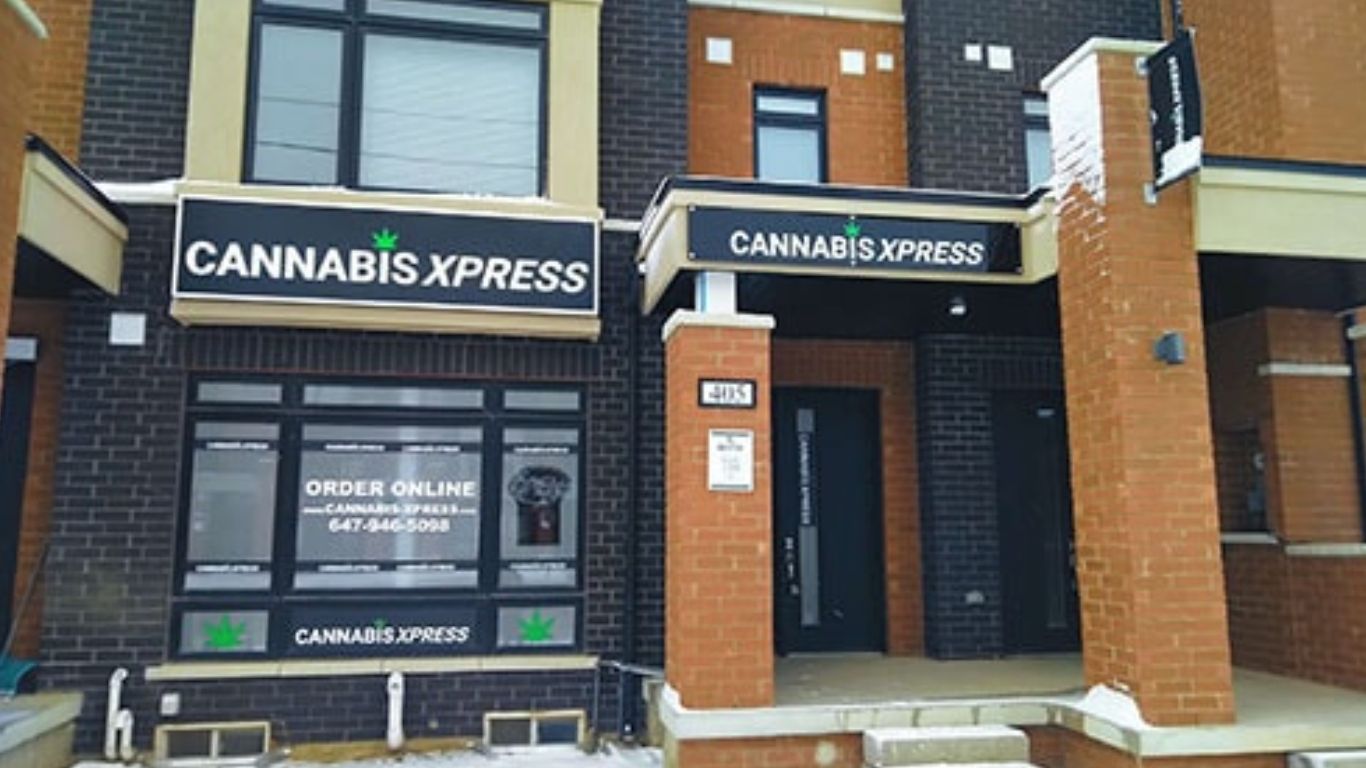
A cannabis retailer in Ontario will have to pay a $100,000 fine for pursuing and accepting prohibited payments from licensed cannabis producers.
The decision, posted by the Alcohol and Gaming Commission of Ontario (AGCO) on November 19, comes following the issuance of an administrative penalty to Cannabis Xpress in April 2024 of $200,000.
The cannabis retailer, which operates 14 locations in Ontario and three in New Brunswick, had appealed that decision. Cannabis Xpress has now withdrawn its appeal, says the AGCO, with the retailer admitting that some of the “data agreement” effectively induced it to purchase the relevant products from Canadian cannabis producers.
The provincial regulatory agency began investigating after receiving information about possible “inducement activity.” The AGCO investigated Cannabis Xpress, including a review of over 82,000 relevant documents. The agency found that Cannabis Xpress’ “Data Services Program” and/or other agreements with licensed cannabis producers are actually an inducement program.
“Ontario’s anti-inducement rules exist to protect small businesses and consumers from predatory ‘pay to play’ schemes,” said Dr. Karin Schnarr, registrar and CEO of AGCO. “The AGCO will continue to monitor business arrangements between licensed retailers and producers and will take strong action against any licensee found to be engaging in illegal behaviour.”
A representative from Cannabis Xpress was not immediately available for comment.
The AGCO says that between January 2021 and July 2023, Cannabis Xpress entered into agreements or arrangements with at least 61 LPs, the majority of which were referred to as “Data Sharing Agreements” or “Data Agreements”. Data on cannabis sales, especially from larger chains with numerous locations, can be valuable to producers, allowing them to better understand what products are selling well and where.
So-called “data deals” have been controversial in the industry for some time, with some Ontario retailers calling out the practice last year. Provincial rules do allow retailers to sell data to producers. The OCS began sharing similar information earlier this year in a move that some hope would address these market demands.
Although Cannabis Xpress’ agreements appeared, on the surface, to be related to the sale of such sales data, the AGCO says that the fees to be paid under some of the agreements were based on the number of Stock Keeping Units (SKUs) to be carried at Cannabis Xpress stores.
Cannabis Xpress’ communications with cannabis producers, continues the AGCO, implied that these companies could expect to enhance sales volumes in their stores by entering into these “data deals”.
According to the AGCO, the company represented to the cannabis producers that: “our goal is to have long-term relationships with a limited number of suppliers, and pump as much volume as we can out of the stores.”
An email shared with StratCann from Cannabis Xpress by a cannabis producer confirms the same language, which also stated that the fee for the data depends on a few factors, such as the product category and total number of SKUs.
The AGCO also alleges that some Canadian cannabis companies (LPs) were told that the retailer was not willing to purchase their cannabis products without entering into a data agreement. Other cannabis companies that tried to renegotiate, terminate or alter the terms of their data agreements with Cannabis Xpress say they saw the purchase of their cannabis products decline in volume and frequency.
Cannabis Xpress retail staff were also allegedly informed that, before they stocked new products, they were to confirm whether the LP had a data agreement in place.
Cannabis Xpress retail staff were also said to have been told not to “mention deals of any sort to customers or brand reps we don’t have a deal with” and “[i]f someone asks why we don’t stock a certain brand, just politely say we have the maximum amount of SKUs we’re able to get at the moment, or something along those lines.”
Some publicly traded cannabis companies report sales of their own data programs. Ontario’s rules allow retailers to sell data to producers, allowing them to better understand product sales trends.
Nova Cannabis, a company behind one of Canada’s largest chain of cannabis stores, Value Buds, recently reported revenue from its own “proprietary data licensing arrangements” of $12.4 million for 2023, an increase of 125% from $5.5 million in 2022.
High Tide, another sizeable retail cannabis business in Canada with more than 150 Canna Cabana locations across the country, reported sales from its own “Cabanalytics business data and insights platform” increased to $6.5 million in the third fiscal quarter of 2023 from $5.5 million during the same period in 2022.

